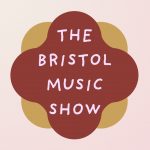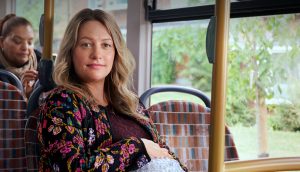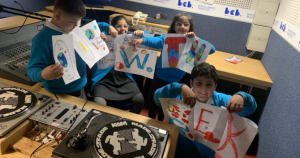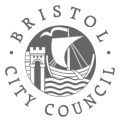Discussions about zombie fungi, exoplanets, and vegetarian spiders; seamless segues; and Taylor Swift. All to be expected during a typical live Love & Science show on local Bristol radio station, BCfm Radio.
Love & Science was started by former UWE Bristol SciComm lecturer Malcolm Love, many years ago. Now, it’s run by Andrew Glester, current Lecturer in Science Communication at UWE Bristol, and a collective of science enthusiasts with a wide range of interests and backgrounds.
Many of the episodes are aired live, with sparkling discussions about science stories that have been making headlines, and occasionally interviews with individuals working in science.
Some episodes are also partly or completely pre-recorded, like a special episode I had the opportunity to create on the discovery of the shipwreck Endurance.
This means anyone can get involved – living local to Bristol is not a requirement.
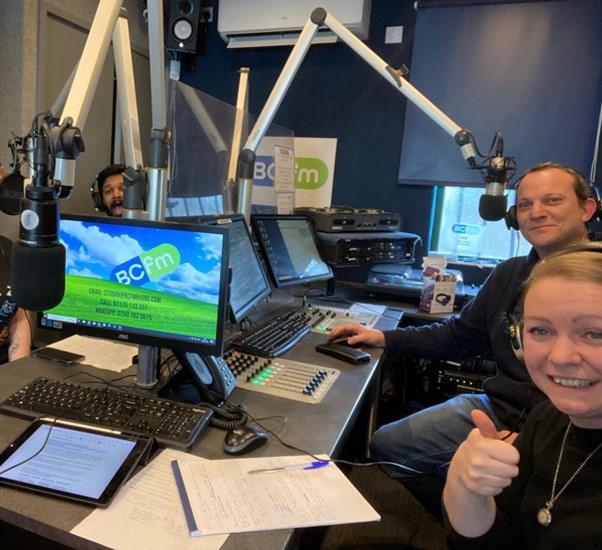
I got involved in Love & Science after completing the Science on Air and Screen module, and I’m so glad I did. It’s such a fantastic opportunity for any MSc Science Communication student to get involved in live radio and science communication. I found myself using so many of the skills and knowledge that I had learnt on the MSc, from across all the modules.
BCfm is predominantly aimed at Bristol residents, but is also streamed on DAB and online, and people can listen in from all over the world, so it’s important to really think about the audience, and how to best communicate different science topics in an engaging and accessible way.
Presenting the live shows involves using interview techniques and story crafting, and finding fun and novel angles. I also enjoyed looking out for local science stories, as well as the more national and global ones. Pre-recorded shows and segments enabled me to develop my editing skills, and to create pieces of radio that I’m proud of, and have been able to add to my portfolio.
If you’re interested, there is also the opportunity to learn how to use the desk in the studio, which maybe isn’t for the faint-hearted, but feels brilliant once you’ve got the hang of it.
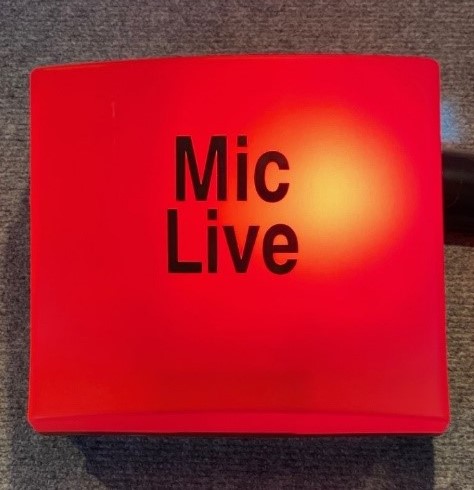
One of the great things about Love & Science is that it’s a safe space to learn and practice. Even making mistakes is to be expected – it’s all about how you handle them. Personally, I feel that getting involved with Love & Science should be viewed as an essential add-on to the MSc, especially for anyone with an interest in radio or podcasting.
But even if radio or podcasting isn’t your main area of interest, it’s still perfect for developing skills in engaging audiences, communicating about complex science topics, or telling science stories. Plus you get to pick your favourite cheesy tunes to play on the radio.
Who wouldn’t want that?
Written by Rebecca Landon (MSc Student) for the Science Communication Unit Blog at University of the West of England (UWE Bristol)

